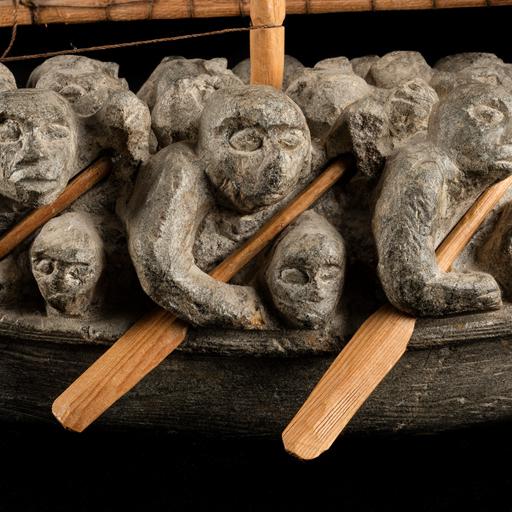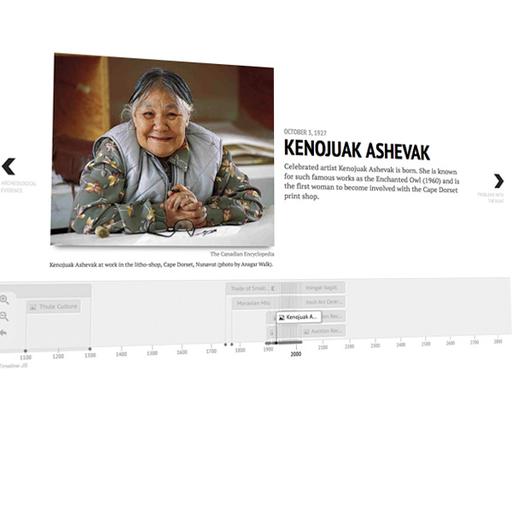Friends hit the slopes in ribbon skirt and saree to inspire BIPOC youth in sport
CBC News | March 14, 2022
Categories: news
'You don't see a lot of BIPOC representation on the mountain,' says Maria Hawkins.
Renée Lilley · CBC News · Posted: Mar 13, 2022 4:00 AM ET | Last Updated: March 14

When Maria Hawkins saw a video online of a woman wearing her saree while skiing, she was immediately impressed, and knew she wanted to snowboard in her ribbon skirt.
Hawkins is Chippewa Cree from Rocky Boy Reservation in Montana, and lives in Bozeman, Mont. She reached out to Divya Maiya, who lives in Minnesota, to see if she wouldn't mind if she re-created the video of her skiing.
- Fort Folly First Nation starts ribbon skirt library
- Why this Akwesasne two-spirit teen is normalizing wearing ribbon skirts
Divya was surprised and happy to hear from her. The two decided to meet up in person at the slopes in Montana to collaborate on a video last month.
Hawkins says she hopes their collaboration sparks encouragement for others, especially youth, to take up sports.
"I thought it would be a really cool way to showcase Indigenous representation, and also help the youth that are out there, trying to get into the sport, and they see that it's a very white-washed community, and they don't see people like them out there," said Hawkins.

'You don't see a lot of BIPOC representation on the mountain'
Hawkins says with the mountain being on Indigenous territory, it was even more meaningful to express herself on the hill. Hawkins was adopted out of her reservation as a child by a non-Indigenous family, and only reconnected to her roots later in life.
"Here in Montana, we have so many tribes and specifically where I'm at right now, in Boseman, this is Crow Territory," she said.
"... And you don't see a lot of BIPOC [black, indigenous and people of colour] representation on the mountain. I think here in Montana in general, you don't see many BIPOC people anywhere."

Hawkins says it was great to have the experience with a woman of colour, and to create a bond with a new friend.
Maiya is originally from Bangalore, India, but has lived in Minnesota since 2009. She says she took up skiing as a way to stay active.
She says she felt powerful wearing her saree on the ski hill, and appreciates the friendship built with Hawkins.
"Honestly, I think I have very few Indigenous friends. So I think this is such a wholesome and very rich experience for me to just know somebody from a different culture, and also see the similarities in each other. I think that's just wonderful."
Maiya says Hawkins was initially apprehensive about wearing her ribbon skirt on the ski hill. She was worried lift operators would get mad at her, and asked Maiya if anyone had ever said anything to her when she wore her saree.
"Especially skiing or boarding on your ancestral lands, I was thinking, being a native woman, if you're in your native outfit, nobody should question you," Maiya said.
Smart way to address barriers in sports
Janice Forsyth is a Cree associate professor of Sociology at Western University in London, Ont., and the vice president of the Aboriginal Sport Circle in Canada. She's a member of Fisher River Cree Nation in Manitoba.
She says the women showcasing their regalia on the mountain is a smart way to bring to light some of the barriers Indigenous and other racialized groups can face when it comes to sports.
- 'No one quit trying': N.W.T. students hit the hills to train with Olympic snowboarder Liam Gill
- 'We feel like part of the team': Sask. speed skating club targets diversity, inclusion
"On one level it's a beautiful, kind of artistic cultural expression. At another level, it's also about decolonizing in a way, about her going down the hill in her ribbon skirt, and reminding people that this is Indigenous land," she said.
"At another level, at a sports point of view, it's reminding people about the racial hierarchy, the racial divide in sport, with many sports still being predominantly white, and in some cases male, and snowboarding happens to be one of those sports."
Forsyth says the videos are a really positive and beautiful way to bring awareness to others.


